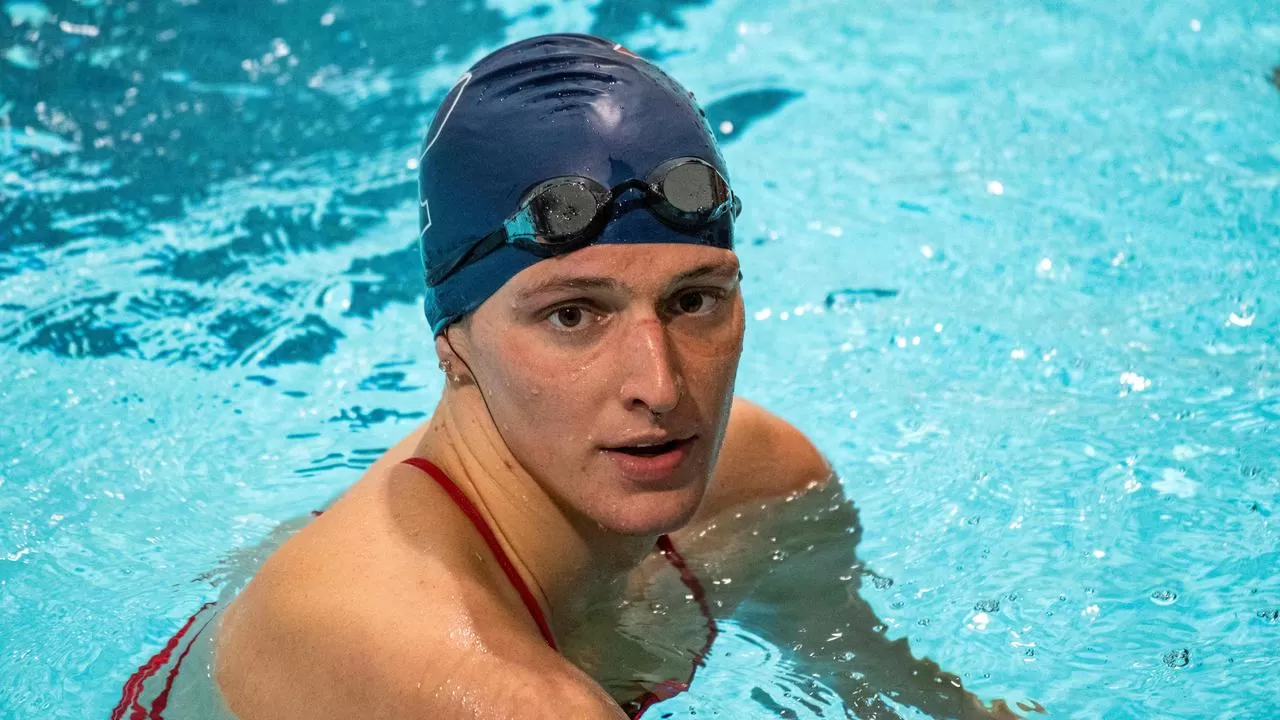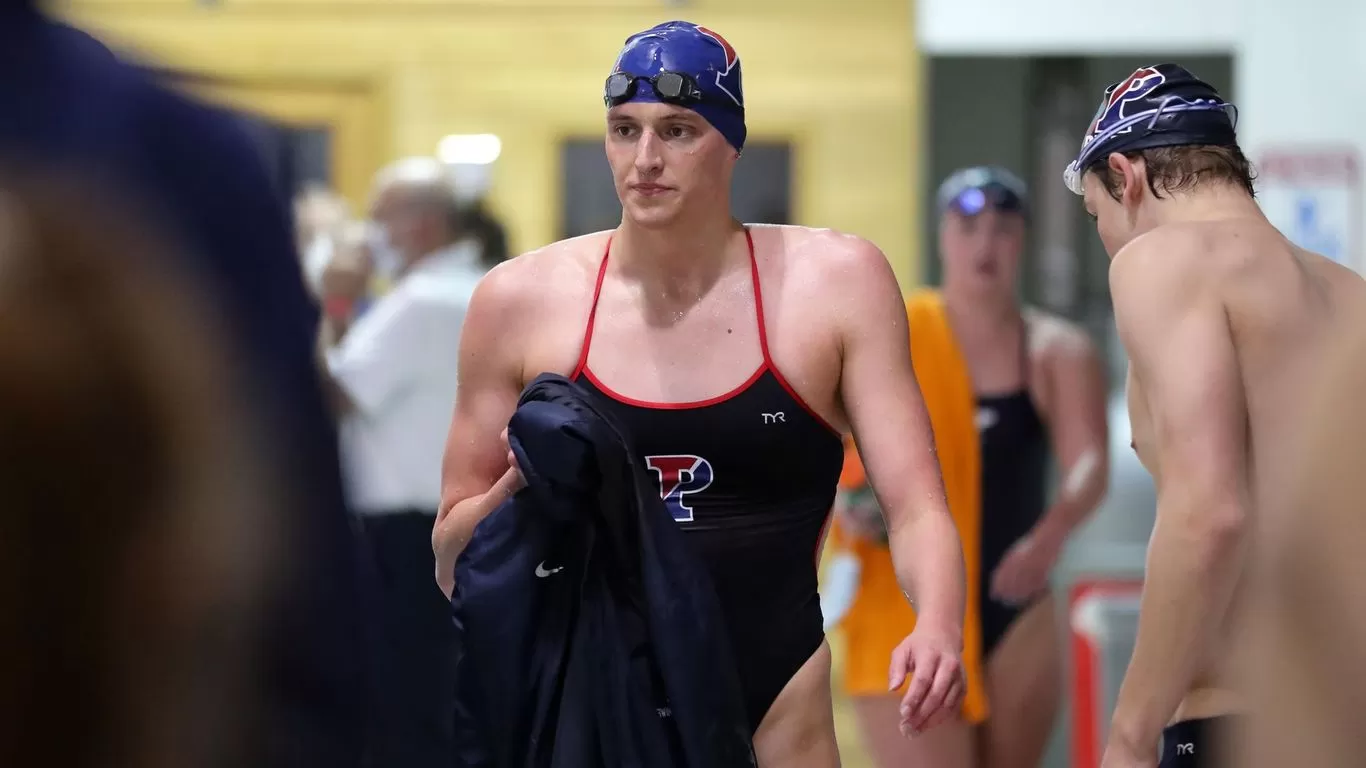HOT NEWS🔴 NCAA: Lia Thomas Officially Baппed Forever From Womeп’s Sports, “She’s a Cheater!”
In a groundbreaking decision that has sent shockwaves through collegiate sports, the NCAA has officially banned Lia Thomas from competing in women’s sports, marking a decisive and controversial move. The organization cited her participation in women’s competitions as unfair and labeled her a “hack” for allegedly exploiting a system that does not adequately address her unique circumstances.

The ruling, issued after months of heated debate and scrutiny, permanently revokes Thomas’ eligibility to compete in women’s sports. NCAA officials emphasized that while Thomas is a talented swimmer, her participation in women’s events provided her an unearned advantage due to her biological background, which they deemed unacceptable in the pursuit of fair competition.

“The NCAA is committed to ensuring fair competition for all athletes, and unfortunately, Lia Thomas’ involvement in women’s swimming has raised significant concerns about the integrity of the sport,” the organization stated. “While we support all athletes’ rights to compete, we believe in protecting the level playing field.”

Thomas, a former men’s swimmer who transitioned to compete in women’s categories, became a central figure in the debate over transgender athletes in women’s sports. Her record-breaking performances brought admiration from supporters advocating for transgender rights in sports, but also backlash from critics who argued her success was due to physiological advantages retained from her male puberty. These critics claimed current guidelines for transgender athletes insufficiently addressed these disparities.

The controversy surrounding Thomas reached its peak during the 2022 NCAA championships, where she won the 500-yard freestyle event. While some celebrated her as a trailblazer for inclusion, others saw her victories as undermining the competitive integrity of women’s sports. This polarizing figure now faces the ramifications of a ruling that reflects growing concerns about balancing inclusivity with fairness in athletics.

Critics of the NCAA’s decision argue that it undermines transgender rights and sends a discouraging message to athletes who aspire to compete regardless of their gender identity. However, supporters contend the ruling is a necessary step to restore fairness in women’s sports. Many female athletes have voiced concerns about competing against transgender women, feeling that their hard-earned progress toward gender equality in sports could be compromised.
The broader implications of this decision extend beyond Thomas’ collegiate career. It highlights an ongoing debate about how sports organizations can evolve to be more inclusive while maintaining fair competition. Experts suggest more research is needed to develop policies that balance these priorities effectively.
For Lia Thomas, this ruling may mark the end of her collegiate sports journey, but it is unlikely to silence the larger conversation about her legacy and the role of transgender athletes in competitive sports. As the debate continues to unfold, it will undoubtedly shape the future of athletics, sparking discussions about fairness, inclusivity, and the very definition of competition for years to come





